Happy Birthday, Brenda!!
This morning we were able to visit a silk factory where we learned all about the mulberry-munching silk worms and how their silk is harvested. It was fascinating! They even use the poop from the silk worms to make pillows that are supposedly good for rheumatism and insomnia (despite her sleeping issues, Val chose not to invest in a poop pillow). We were fortunate to see some live silk worms eating mulberry leaves, which is not very common at this time of year, as the best silk is produced in the spring.
The silk worms in this area produce the finest silk and both they and their cocoons are white (the silk worms in the northern part of China are yellow and produce yellow cocoons). Eighty-percent of the cocoons are boiled in order to kill the silk worms. The reason for this is because if they are allowed to live until they have fully transformed into months, they will chew through the cocoon to get out. Silk is produced by unraveling each cocoon to get one very long thread. It takes six to eight cocoons’ silk to make one thread and about 3,000 cocoons to make one silk tie. The other 20% of the cocoons are left alone until the moth chews through in order to continue the life cycle. We both bought silk comforters, which are supposedly cool in summer and warm winter.
After the silk factory, we took off for Tongli, which is an ancient water town. The 49 rivers and many stone bridges and canals have given this small town the name, “Venice of the East.” We took a gondola ride on a canal, which was very picturesque. The Tongli houses were built in the Ming style and have old tile roofs. Very quaint. Then we had a yummy lunch in the oldest tea house in this part of China. We had two local delicacies, one tasted like barbequed pork and the other was a flat bread that was somewhat sweet with poppy seeds.
We also visited a museum that explained the traditional wedding customs in China. Up until about 100 years ago, marriages were arranged before the children were born. A fortune teller was consulted to find out if the marriage would be a good one, and often match makers were involved in the process. Women did not have any rights and were called “so and so’s daughter” or “so and so’s wife.” If a husband chose to divorce his wife, she could never remarry, but he could. We also learned that it was very common for men to beat their wives because an ancient Chinese sayings states, “If you don’t beat your wife every three days, she will become unruly.” Needless to say, we are very thankful we were not born in ancient China!
We strolled through another garden in Tongli and were able to dress up in imperial clothing and take pictures. Big fun! The Chinese tourists laughed at us walking in small steps just like the traditional Chinese ladies.
Tonight we went to an acrobat show in Shanghai, which was amazing and a little bit stressful. One young boy balanced on one hand while perched on top of seven stacked chairs. Crazy! They also had a huge steel mesh ball in which five motorcycle riders zoomed around and around narrowly missing each other.
It’s hard to believe there are only two days left before we fly home. Tomorrow we tour Shanghai and Thursday we get to explore the city on our own.
This morning we were able to visit a silk factory where we learned all about the mulberry-munching silk worms and how their silk is harvested. It was fascinating! They even use the poop from the silk worms to make pillows that are supposedly good for rheumatism and insomnia (despite her sleeping issues, Val chose not to invest in a poop pillow). We were fortunate to see some live silk worms eating mulberry leaves, which is not very common at this time of year, as the best silk is produced in the spring.
The silk worms in this area produce the finest silk and both they and their cocoons are white (the silk worms in the northern part of China are yellow and produce yellow cocoons). Eighty-percent of the cocoons are boiled in order to kill the silk worms. The reason for this is because if they are allowed to live until they have fully transformed into months, they will chew through the cocoon to get out. Silk is produced by unraveling each cocoon to get one very long thread. It takes six to eight cocoons’ silk to make one thread and about 3,000 cocoons to make one silk tie. The other 20% of the cocoons are left alone until the moth chews through in order to continue the life cycle. We both bought silk comforters, which are supposedly cool in summer and warm winter.
After the silk factory, we took off for Tongli, which is an ancient water town. The 49 rivers and many stone bridges and canals have given this small town the name, “Venice of the East.” We took a gondola ride on a canal, which was very picturesque. The Tongli houses were built in the Ming style and have old tile roofs. Very quaint. Then we had a yummy lunch in the oldest tea house in this part of China. We had two local delicacies, one tasted like barbequed pork and the other was a flat bread that was somewhat sweet with poppy seeds.
We also visited a museum that explained the traditional wedding customs in China. Up until about 100 years ago, marriages were arranged before the children were born. A fortune teller was consulted to find out if the marriage would be a good one, and often match makers were involved in the process. Women did not have any rights and were called “so and so’s daughter” or “so and so’s wife.” If a husband chose to divorce his wife, she could never remarry, but he could. We also learned that it was very common for men to beat their wives because an ancient Chinese sayings states, “If you don’t beat your wife every three days, she will become unruly.” Needless to say, we are very thankful we were not born in ancient China!
We strolled through another garden in Tongli and were able to dress up in imperial clothing and take pictures. Big fun! The Chinese tourists laughed at us walking in small steps just like the traditional Chinese ladies.
Tonight we went to an acrobat show in Shanghai, which was amazing and a little bit stressful. One young boy balanced on one hand while perched on top of seven stacked chairs. Crazy! They also had a huge steel mesh ball in which five motorcycle riders zoomed around and around narrowly missing each other.
It’s hard to believe there are only two days left before we fly home. Tomorrow we tour Shanghai and Thursday we get to explore the city on our own.
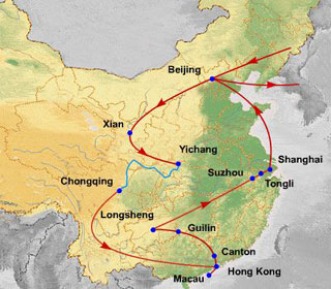
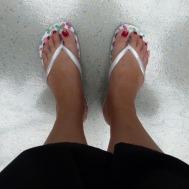




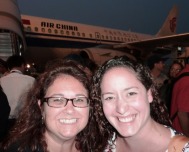
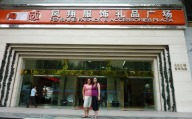

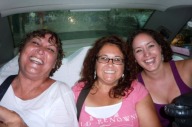
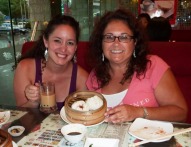
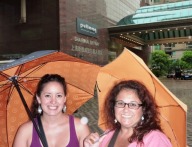

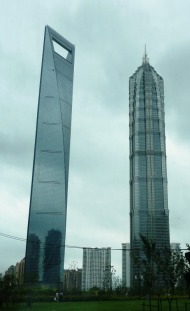


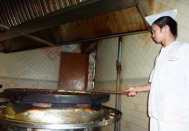
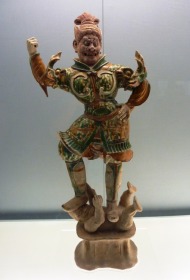
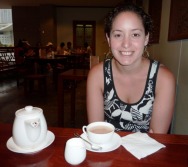
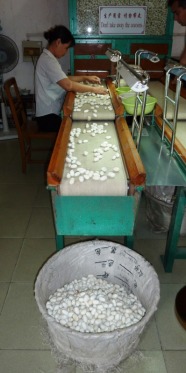

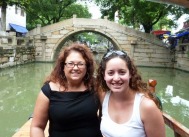
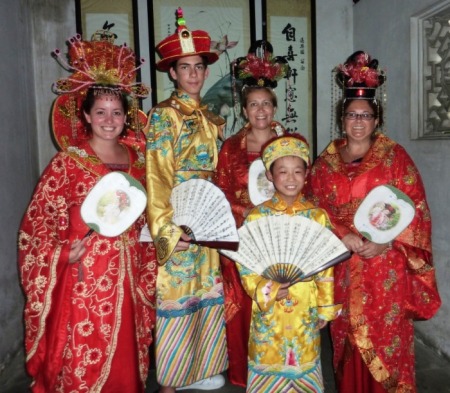
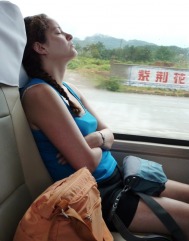
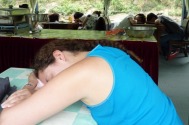



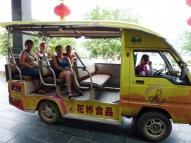

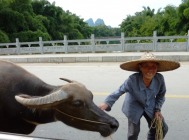
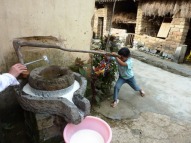
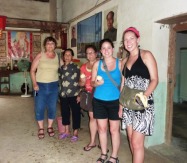



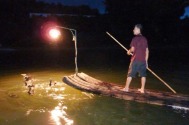

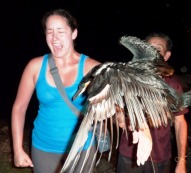
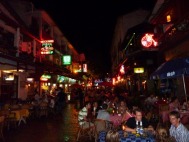
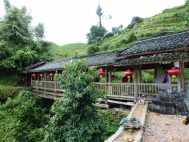
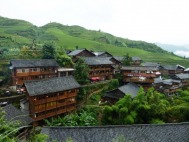
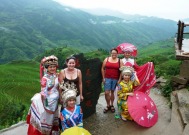

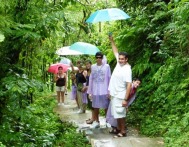
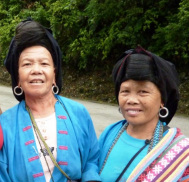

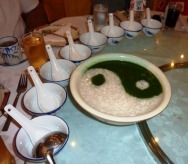
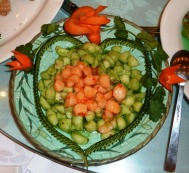



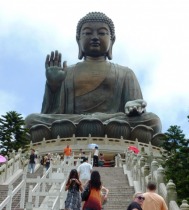
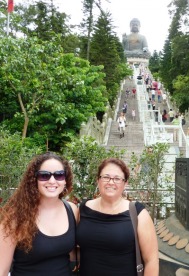
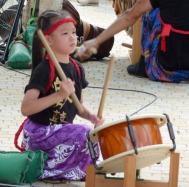
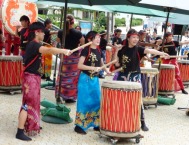
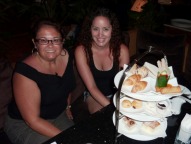

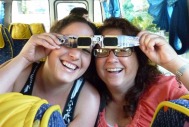





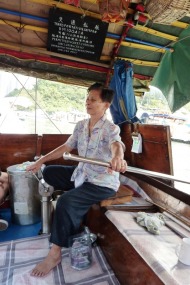
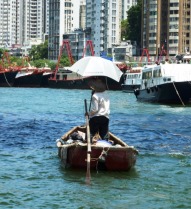
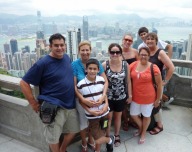

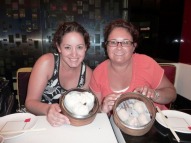




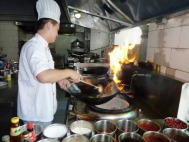
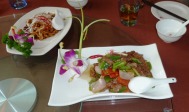
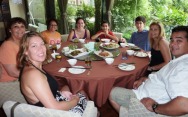

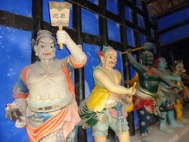
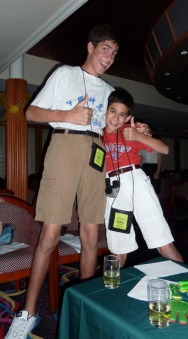
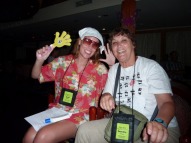

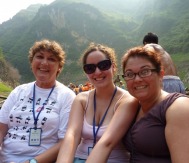






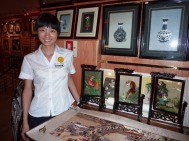

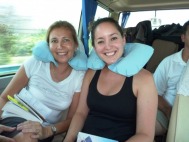

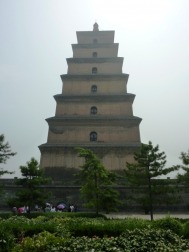
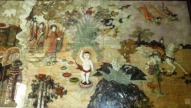
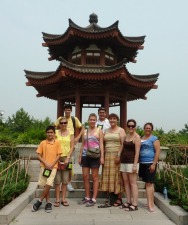
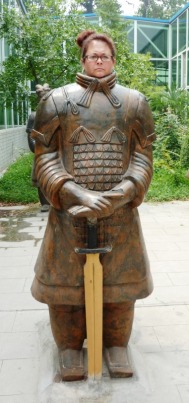
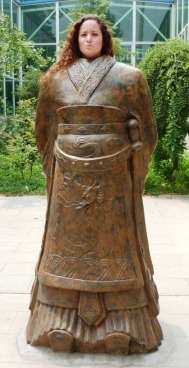
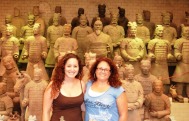
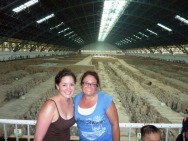
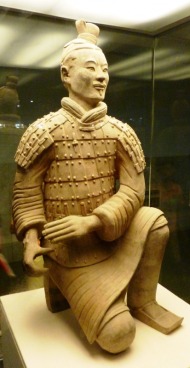
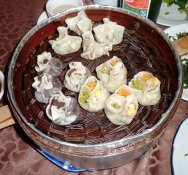

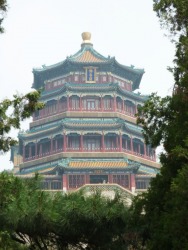
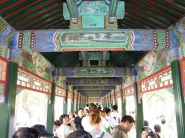

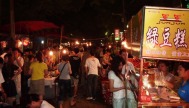
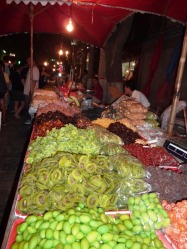
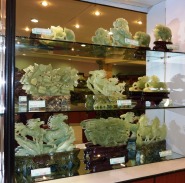




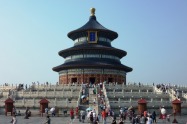
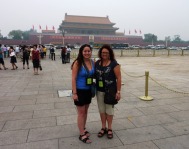
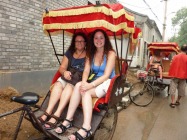
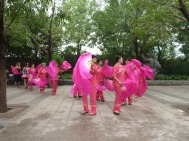

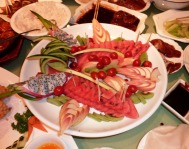

 RSS Feed
RSS Feed
